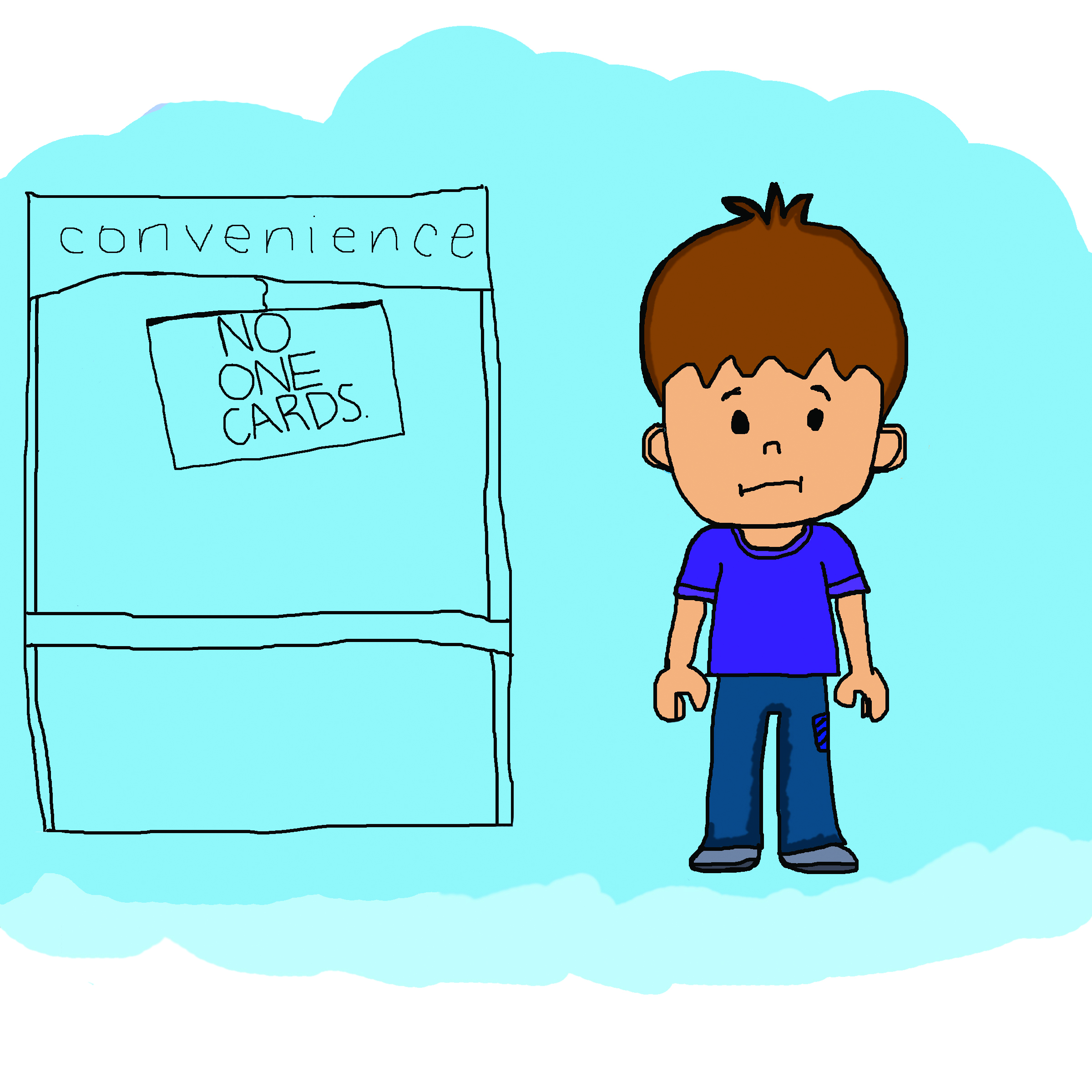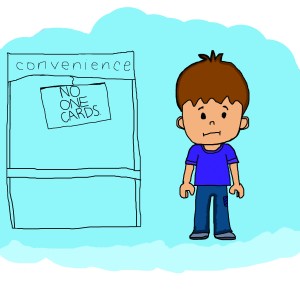Food vendors upset about new meal plan


Changes to Wilfrid Laurier University’s first year residence meal plans have raised some ire off campus.
As a result of some restructuring of the meal plans used by first-year students living in residences, no money was automatically put in first years’ convenience accounts, which is what is used at off-campus outlets.
And some of the owners of Onecard-accepting businesses are not happy.
“What we’re a little upset about is the way the university went about doing it,” said Chris Rau, the manager and owner of Wings Up on University Avenue.
“We would’ve liked to have been consulted, but we weren’t even told. We had students come in and try to use their cards and it wasn’t working and we didn’t know why.”
Rau added that he has spoken with the owners of Quick Sandwiches, Noodle Hut and Bianca’s Pizza, all of whom also accept the Laurier Onecard, and those proprietors all shared his concerns.
While Rau was upset about not being notified of the change, according to Dan Dawson, WLU’s assistant vice president of student services, the university notified all business owners that accept Onecard of the changes to the system via e-mail in early August.
“He didn’t get that e-mail in early August for whatever reason, so he was caught off guard,” said Dawson.
While first-year students living in residence are no longer automatically given convenience dollars as they were in years past, it is still possible for them to use their Onecards at off-campus locations.
These students must manually deposit money into this account either online, at the Onecard office or at an on-campus machine.
However, first years are not able to transfer their existing meal plan money into a convenience account.
According to Rau, who began accepting the Onecard last October, this has been bad for business.
“A lot of [students] aren’t happy about it,” he said.
“I don’t have numbers to compare the very beginning of the year, but I know that even my lowest week from last year with the Onecard, this year’s sales haven’t even come near it.”
Dawson said businesses partnering with Laurier are free to leave the contract at any time and that this option has been presented to Rau in the discussion he’s had with the university. Rau, however, wasn’t happy with this approach.
“Their opinion is, ‘if you don’t like it, get rid of the machine,’” he said. “You don’t treat a partner like this.”
According to Dawson, the decision to eliminate automatic convenience dollars for first-year residence students was made over the summer as the university re-negotiated its deal with Aramark, the company that operates Laurier’s dining hall. The motivation for removing the provided convenience money was to encourage first years’ use of on-campus options, mainly the refurbished dining hall.
“It’s been well-documented that the financial success of food services as a department has been a challenge over the past decade,” said Dawson of the $3,651,851-deficit accumulated by Food Services between 2000 and 2010.
“So the total shift in our meal plan design is intended to address the financial deficit in food services. We need to take care of our own internal operations before we can be primarily concerned about an external, off-campus location.”
Rau, however, is not satisfied.
“[Laurier] saw all the money the students were spending off campus and I guess they decided they wanted it,” he said.
By Justin Fauteux and Katelyn Cullum


